Upon a DWI arrest or conviction, you may have received a Notice and Order of License Revocation. This is an order stating that your driver’s license is being taken away for a period of time because of having a blood alcohol concentration of .08 or more, refusing an evidentiary test, or otherwise being convicted of a DWI at the end of your criminal case. There are other scenarios that may trigger a Notice and Order of License Revocation, such as being charged with Criminal Vehicular Operation (CVO), so make sure to read the notice to see what exactly the reason is for the revocation.
After receiving a notice for driver’s license revocation, it is important to understand your rights. Typically, you have two options: (1) just take it on the chin and move on, or (2) challenge your license revocation through a Petition for Judicial Review. The former scenario is generally not the end of the world. Most people are eligible for a work permit or restricted driver’s license with ignition interlock.
If it is your first MN offense and your alcohol concentration was under .16, or you refused the test on your first offense, then you should be eligible for a limited license (a.k.a. work permit). To get your limited license, you just need to go to the DMV and pay the reinstatement fee, which is currently $680, take a DWI / Drug Knowledge test on the computer (covering chapters 7 & 8 in the driver’s manual), and make application for new license. You will also have to talk with a driver evaluator who will set the parameters of your limited license (i.e. what hours you are allowed to drive and where you are allowed to drive to).
For those who test at least double the legal limit or have a prior DWI within the past ten years, or multiple DWIs in a lifetime, you will likely need to get ignition interlock to drive a vehicle during your revocation period. If you do not want to get ignition interlock, then you can ride out your revocation period without getting a license as long as your license has not been canceled. If your license has been canceled inimical to public safety, then ignition interlock is often a requirement to getting your license back. This is typically for those who are facing three or more years without your driver’s license.
